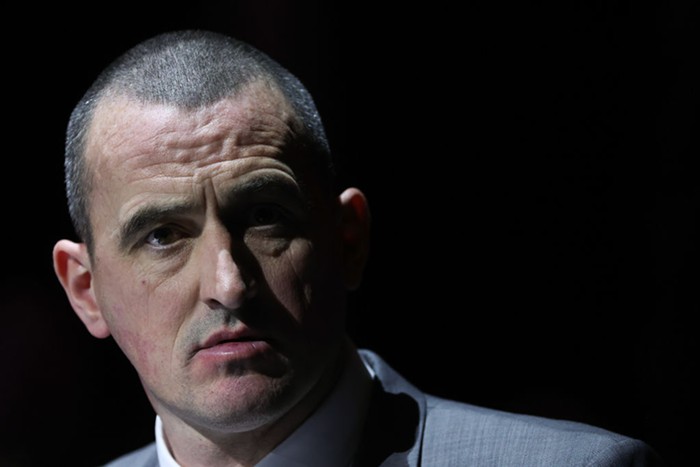The 2010 FIFA World Cup started less than a week ago but there has already been controversy brewing. Today FIFA president Sepp Blatter announced that vuvuzelas (pronounced voo-voo-ZAY-luhs) would not be banned from the World Cup games in South Africa.
Both players and fans have been complaining about the constant droning of the vuvuzelas, loud plastic horns that are traditional at South African soccer games. At 127 decibels, the horns are louder than air horns and can cause permanent hearing damage.
Some called for the horn to be banned from the games because of the inability of fans to hear commentary on television broadcasts. Although plenty of noise is common in most sports games, instead of a dull background noise of cheering and shouting, the thousands of vuvuzelas in the stands at soccer stadiums in South Africa produce a loud droning like a swarm of bees.
Soccer players have also been complaining about the horns. “It is impossible to communicate,” said Argentina’s Lionel Messi. “It is like being deaf.”
Despite the complaints and Facebook groups calling for a ban, the vuvuzela will remain a constant presence at this year’s World Cup. Blatter tweeted about the complaints saying, “To answer all your messages (regarding) the vuvuzelas. I have always said that Africa has a different rhythm, a different sound.” In his decision to not ban the horns, Blatter asked fans whether they would like bans on traditions in their own countries.
The vuvuzela does have many fans and the owner of the copyright says he has sold 1.5 million units to soccer fans in Europe. Many fans welcome the vuvuzela into soccer culture in Europe and the United States. One commenter on a BBC World Service broadcast this morning said that he expected them at Seattle Sounders games in the future. This might also mean that vuvuzelas could make an appearance at upcoming Timbers games in Portland.
Craig Kanalley of the Huffington Post defended the horns, saying that they are just part of the atmosphere of the World Cup. “It's hard to rip that passion out of these fans, especially since some 650,000 vuvuzelas have been sold for this World Cup. And they actually provide for one amazing and unique atmosphere, so it could all depend on your point of view.”
via SifyNews















